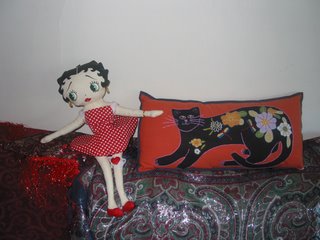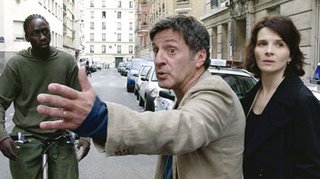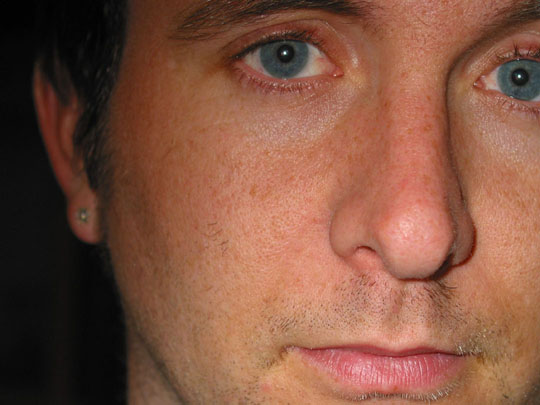
THE SHORT TEEN AND THE SEA
The Highest Tide by Jim Lynch
(Bloomsbury USA, $13.95)
Even if you think there's no room on your summer reading list for more titles, I humbly urge you to squeeze in Jim Lynch's 2005 novel The Highest Tide. It's a funny and unorthodox coming-of-age story set during the final stretch of summer. With August looming just around the corner, you couldn't pick a better time to read it. And at a brisk 250 pages it won't take up too much of your time.
Thirteen-year-old Miles O'Malley is well under five feet tall, but he's so precocious that he can hold his own with top scientists in the field of marine biology. Miles lives in a house on the ocean in Olympia, Washington. When he's not re-reading the works of environmental goddess Rachel Carson, he prowls the beaches during low tide, searching for unusual marine specimens.
He becomes the center of a media circus when he discoveries a giant squid and other saltwater oddities. In simple but poetic prose, Lynch depicts Miles' increasingly strained efforts to balance his sudden fame with the challenges of teen life. Can he abandon the tidepools long enough to win the heart of the older bipolar girl he adores? Can he prevent his parents from splitting up? Is his prophetic elderly friend Florence right when she predicts that the highest tide in 50 years is about to hit, or is it the senility talking?
If The Highest Tide has a flaw, is that Miles is so perfect and likable that it's almost unbelievable at times. He's surrounded by fuck-ups, and the point of the story seems to be that he's the glue holding his family and his community together. Lynch still could have pulled off that theme, though, if he dared to paint his hero in a less-than-saintly light at times.






















